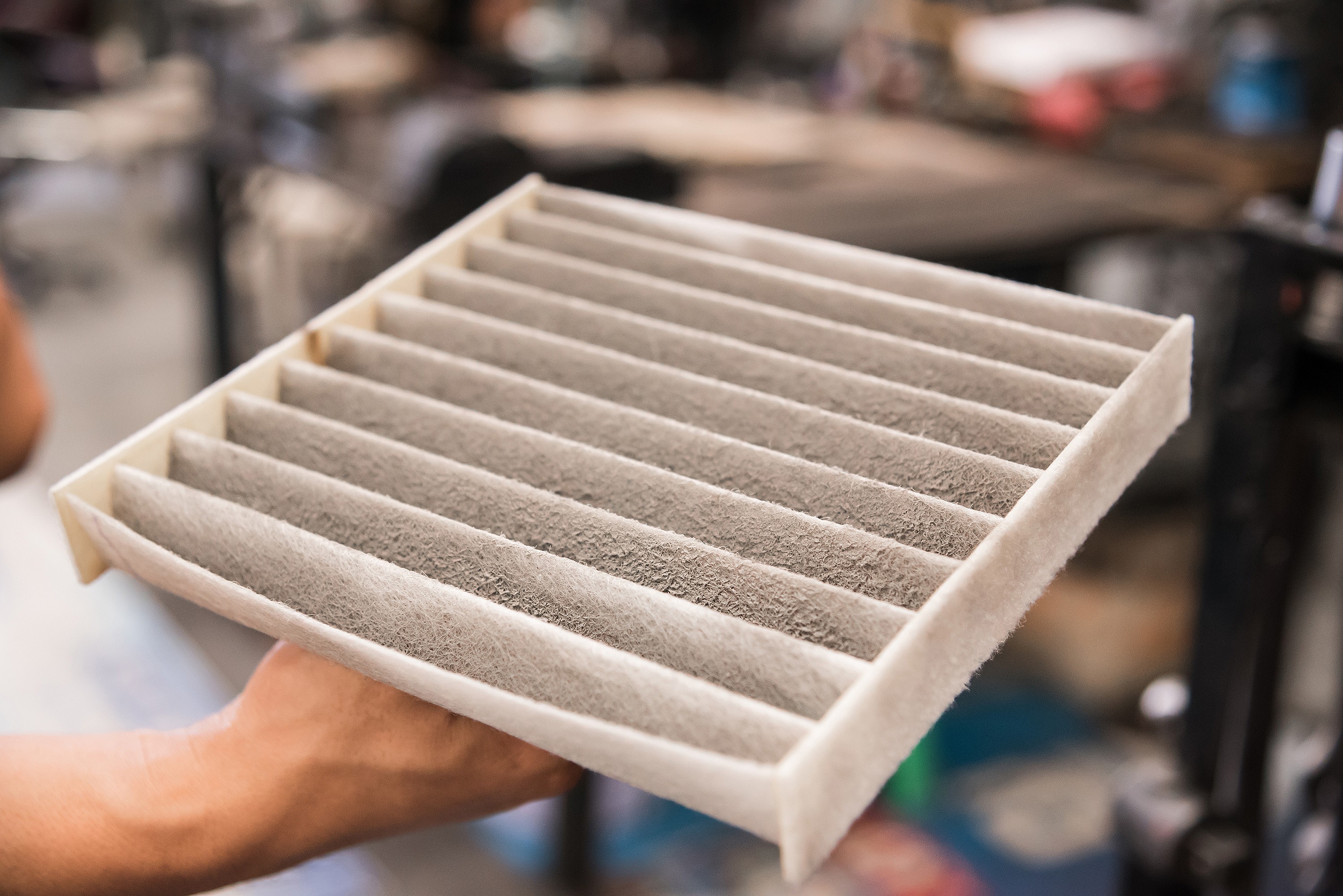A car’s air conditioning system is more than just a comfort feature; it plays a vital role in ensuring a healthy and comfortable driving experience. A key component of this system is the often overlooked Auto Air Conditioning Filter, also known as the cabin air filter. This filter is responsible for cleaning the air that enters your car’s cabin, protecting you and your passengers from harmful pollutants, allergens, and unpleasant odors.
What Does an Auto Air Conditioning Filter Do?
The auto air conditioning filter is designed to trap a wide range of airborne particles before they can circulate inside your vehicle. These particles can include:
- Dust and Pollen: These common allergens can trigger allergic reactions and respiratory problems.
- Mold Spores: Mold can grow in damp environments, like a car’s air conditioning system, and release spores that can cause health issues.
- Bacteria and Viruses: These microorganisms can contribute to illness.
- Exhaust Fumes: Harmful gases from other vehicles can enter your car’s cabin.
- Insects and Debris: Leaves, twigs, and insects can clog the system and create unpleasant odors.
How a Dirty Cabin Air Filter Affects Your Car
A clogged or dirty auto air conditioning filter can significantly impact the performance of your car’s HVAC system and your health. Here’s how:
- Reduced Airflow: A dirty filter restricts airflow, making it harder for the system to cool or heat the cabin effectively. This can lead to increased strain on the system and potentially shorten its lifespan.
- Poor Air Quality: A clogged filter allows pollutants and allergens to circulate freely, leading to poor indoor air quality and potentially triggering allergies or respiratory problems. This can be especially concerning for those with asthma or other respiratory conditions.
- Unpleasant Odors: Trapped debris and microorganisms can create musty or unpleasant smells inside the car.
- Increased Strain on the AC System: A restricted airflow forces the AC system to work harder, potentially leading to premature wear and tear and increased fuel consumption.
When to Replace Your Auto Air Conditioning Filter
Most car manufacturers recommend replacing the cabin air filter every 12,000 to 15,000 miles or at least once a year. However, if you frequently drive in dusty or polluted environments, you may need to replace it more often. Signs that your filter needs replacement include:
- Reduced airflow from the vents
- Persistent unpleasant odors
- Increased allergy symptoms while driving
- Visible debris on the filter
Choosing the Right Auto Air Conditioning Filter
When replacing your cabin air filter, choose a high-quality filter that is designed for your specific car model. Consider filters with activated carbon, which can help absorb odors and gases.
Maintaining a Healthy Car Cabin Environment
Regularly replacing your auto air conditioning filter is a simple yet effective way to maintain a healthy and comfortable environment inside your car. By trapping harmful particles and ensuring proper airflow, a clean filter contributes to better air quality and a more enjoyable driving experience. Don’t underestimate the importance of this small but crucial component in keeping your car’s air clean and fresh.

